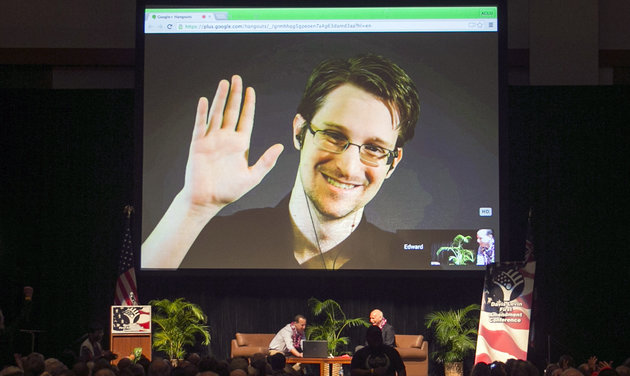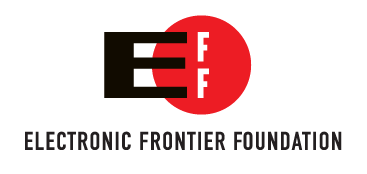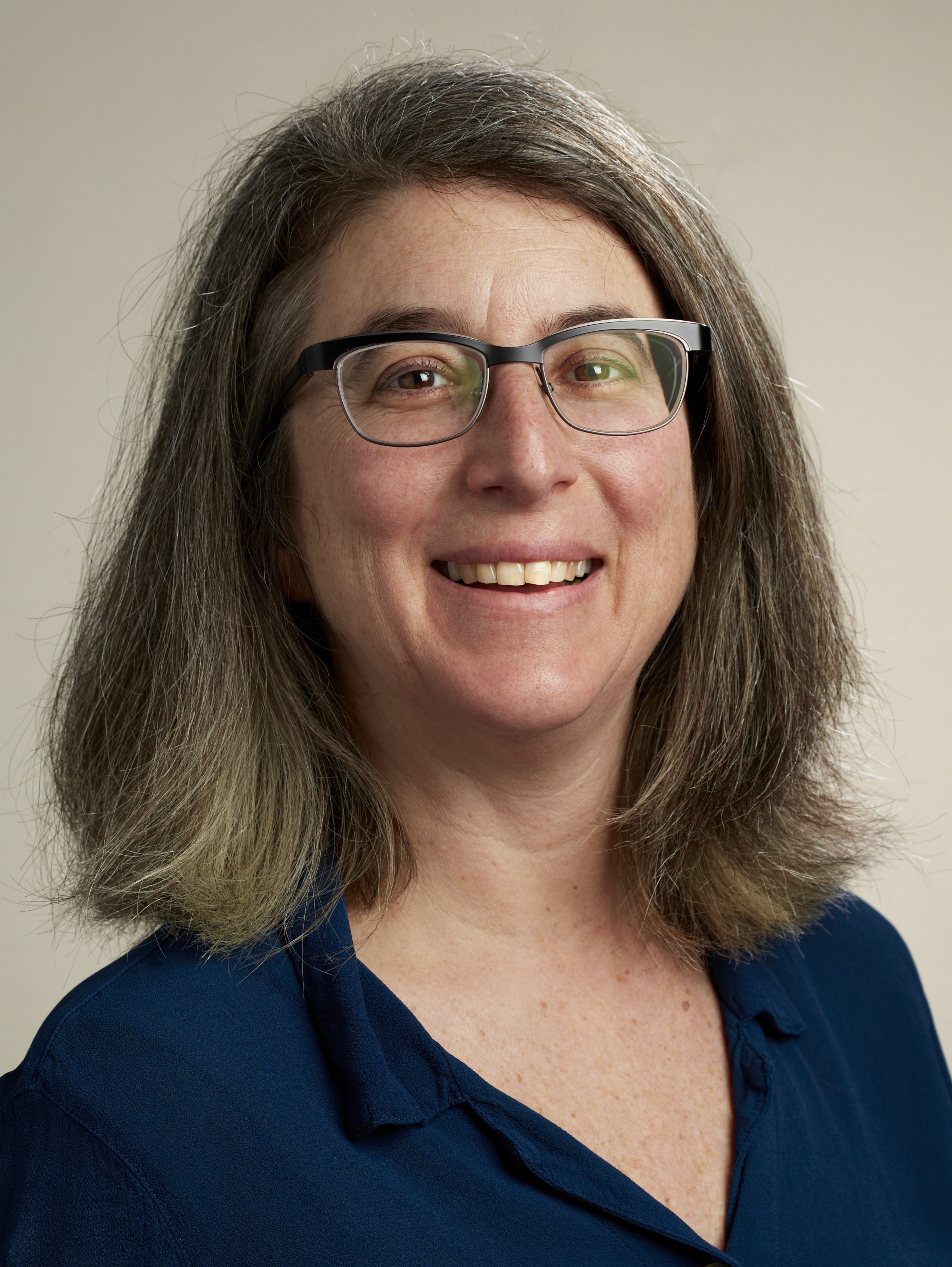Donate to Chelsea’s legal defense fund to help with her appeal.
Download Chelsea Manning’s Statements as a PDF file.
Chelsea E. Manning 89289 1300 North Warehouse Road Fort Leavenworth, Kansas 66027-2304
2015.11.07
Statement for Aaron Swartz Day and International Hackathon-2015
The Human Element – International Aaron Swartz Day Hackathon
Hello Everyone,
First, I’d like to apologize for the awkwardness of this written medium. I would love to speak in person – as well as attend and contribute to – events like these, but certain circumstances are complicating my ability to travel and communicate in any fashion recognizable to most of us in the 21st century.
In fact – seeing that this is a technology event – l’d like to talk about the incredible ubiquity and access that society now has to highly connected information technology devices. It seems to me, at least, that as we enter the era of ubiquitous computing, the so called “Internet of Things” – with cell phones hugging against our hips, laptops and tablets in everyone’s bag, and toasters that have the uncanny ability to sort our music libraries in the wrong way and have uncomfortable conversations with our grumpy selves in the morning – we have begun to blur the lines within our Human society in unexpected and even exciting ways.
Looking at the rapid advances in our social and political sphere in the information era – such as the cultural progress queer and trans movements have started to make – the relationships between such things as gender and sexuality, between art and work, between gender and work, and between sexuality and art, have blurred in incredible ways. Now there are elements and ideas which seem to implement the concepts of “transhumanism,” and its becoming normal for more and more people who anticipate – as well as fear – the economic, information, and technological “singularity” at the supposed end of our exponential graphs in our own lifetimes.
But, consider the paradox that technology has provided for us. We seem more diverse and open as a society, but isn’t it also the case that we are more homogenous and insecure than we ever have been in the last century or so? You might try and tell me something like – “Well, today’s tools provide us with the ability to be more independent from the control of our governments and corporations than ever before.” But, I ask, do they really? I don’t think very many people in here are convinced that technology is a purely liberating tool, as we are now seeing that it can also be used to censor, to control, to monitor, to anticipate, to imprison, and sometimes even kill.
I am arguing that we can be independent and liberated as a society even without advanced technology. It seems that some people today even find their independence by embracing the Luddite philosophy – ditching their cell phones for the weekends, or avoiding the Internet at certain times of the day or week. But, I hope you don’t think that you have to run to the hills of Montana and live in a cabin for years on end – that seems a little disproportionate, haha.
Today, as is obvious in some of the headlines that we see online – we are in a constant technological arms race, and I think that it’s important to realize that we are always only a single breakthrough away from making the methods of network obfuscation and encryption pointless or unusable. While I agree that it’s unlikely, it certainly is well within the realm of possibility that we might wake up tomorrow morning – or, if we’re really honest, tomorrow afternoon for some of us – and find out that some truly brilliant or devious mathematician or mathematicians have solved the Riemann Hypothesis, throwing entire regions of our encryption arsenal into turmoil. Or, we might wake up and find out that a six, eight, or even ten qubit quantum computer with near perfect error correction has been built, effectively accomplishing the same thing.
The point I’m trying to make here is that – and it is sometimes hard for those of us in the tech community to accept – that our technology can only take us so far on its own. Rather, it is the Human element that is so important, and unfortunately very easy to forget.
As most of us are acutely aware, our software can be written to accomplish a task that, in the right hands, solves incredible problems, creates miracles, eliminates boundaries, and saves lives. Think about, for instance, the entertainment provided by streaming videos and video games, the real-time artificial intelligence applications that are used in automated cars, manufacturing plants, and medical equipment, or the so called “big data” platforms being applied for Internet search, marketing, political campaigning, and healthcare.
Yet, that very same software with a few minor tweaks can, in the wrong hands, cause immense problems, create nightmares, raise insurmountable boundaries, and destroy and even end lives. Think about how the same technology used in streaming video, video games, real-time command and controls, and artificial intelligence, can also be used in unmanned aircraft armed with missiles to wreak havoc on barely discernible people hundreds or thousands of miles away. Think about the statistical “nudges” in big data algorithms that create gender, racial, ethnic, gender identity, sexual orientation, religious, political and other biases across large swaths of the online population. Also, think about the intensifying polarization and heavy focus on precision targeting on “swing voters” in the political realm. Real people in real places in real time are affected – sometimes on an immense scale.
Software is only a tool. Technology is only a toolbox. It’s what we create our software for, what we intend to use it for, and who we allow to use it, and how much, that really count.
I now believe that today’s coders and engineers have an extra “hat” that we have to wear on top of the colorful spectrum of hats we already have – namely, the technology ethicist and moralist hat. Whether we’re amateurs or professionals, and despite whether we want to or not, it has now become another duty that we have. I only hope that the majority of us can figure out and fully understand what that is going to entail as we approach the edge of our graphs. In fact, Human lives and the future of Humanity may depend on it.
Thank you for your time everyone, and good luck in your endeavors. I would especially like to thank Lisa Rein for her lovely letter last month inviting me to speak before you all. It was an incredibly warm and heartfelt letter that made my day a little brighter.
Good night, everyone.
CHELSEA E. MANNING



